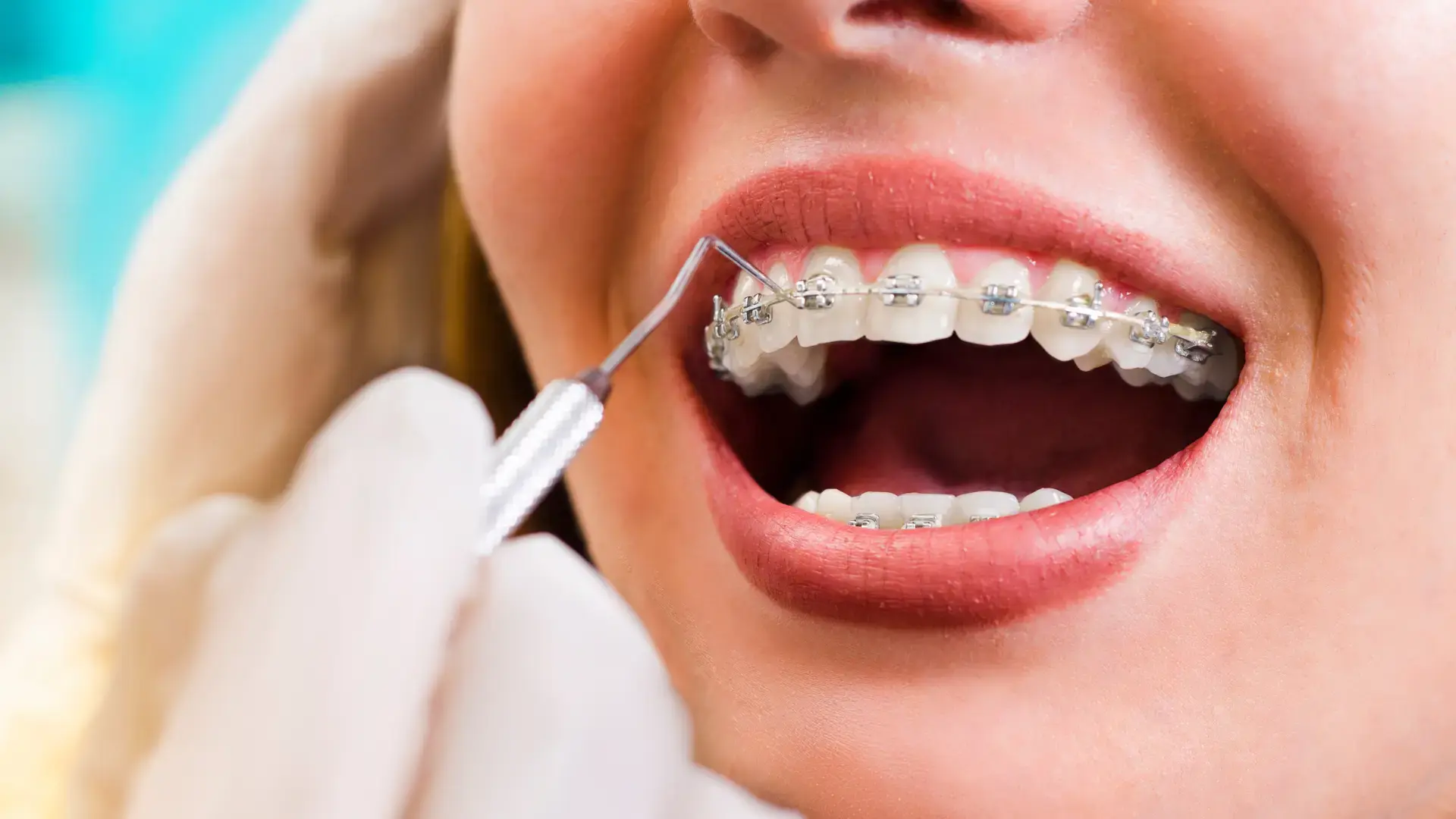World Oral Cancer Awareness Month: Why Early Detection Saves Lives
.jpg)
Summarize with AI
Oral cancer is a serious but often overlooked health threat, affecting tens of thousands of people each year. In the U.S. alone, an estimated 58,000 new cases of oral and oropharyngeal cancers are diagnosed annually, with the disease claiming nearly 12,000 lives.
What’s the key to improving these statistics? Early detection. That’s why, in recognition of World Oral Cancer Awareness Month this April, we’re highlighting the importance of routine screenings, teeth cleanings, and exams—because detecting oral cancer early can truly save lives.
Understanding Oral Cancer
Oral cancer is a malignant growth that affects the mouth, lips, tongue, and throat. It often begins as a painless sore, red or white patch, or swelling. The most common type, squamous cell carcinoma, originates in the cells lining these areas and can spread to nearby tissues and lymph nodes if left untreated.
As the disease progresses, it can cause difficulty speaking, chewing, and swallowing and may eventually spread to other organs, significantly lowering survival rates. Late-stage treatment often requires invasive surgery, radiation, or chemotherapy, impacting a person’s quality of life.
However, when detected early, oral cancer is highly treatable, with survival rates exceeding 80%. Regular dental cleanings and exams are essential for early detection and better outcomes.
Oral Cancer Risk Factors to Know
The key to preventing oral cancer in the first place starts with understanding its risk factors and recognizing if you fall into a high-risk category.
Factors that can put a person at high-risk for developing oral cancer include:
- Tobacco Use: Smoking cigarettes, cigars, or using smokeless tobacco significantly increases the risk.
- Excessive Alcohol Consumption: Heavy drinking, especially when combined with tobacco use, raises the likelihood of oral cancer.
- Prolonged Sun Exposure: Increases the risk of lip cancer due to UV radiation.
- Poor Oral Hygiene & Diet: Lack of proper oral care and a diet low in fruits and vegetables may contribute to cell mutations that lead to cancer.
- Weakened Immune System: Conditions that compromise immunity, such as HIV or long-term immunosuppressant use, can heighten risk.
- Age & Gender: Oral cancer is more common in men and those over 50, though HPV and oral cancer have also been linked.
Understanding these oral cancer risk factors allows for smarter lifestyle choices and more vigilant monitoring, ultimately improving prevention and early detection efforts.
Recognizing the Signs and Symptoms of Oral Cancer
If you’re at higher risk for developing oral cancer, then being able to recognize it’s early signs and symptoms of formation is critical for treatment. Many symptoms may seem minor at first but can indicate a serious issue if they persist.
Common signs and symptoms of oral cancer to watch for include:
- Persistent sores or ulcers that do not heal within two weeks.
- Red or white patches on the gums, tongue, or lining of the mouth.
- Unexplained lumps or thickened areas in the mouth, throat, or neck.
- Chronic sore throat or hoarseness that doesn’t improve.
- Difficulty chewing, swallowing, or moving the tongue or jaw.
- Numbness or pain in the mouth or lips without an obvious cause.
- Loose teeth or changes in dental alignment without dental injury.
If any of these symptoms persist for more than two weeks, it’s important to seek a professional evaluation. Early detection can make all the difference in successful treatment and recov
The Importance of Oral Cancer Screenings
For those at higher risk of developing oral cancer, regular screenings are essential for early detection and successful treatment. A typical oral cancer screening is a quick, painless exam performed by a dentist or healthcare provider. It involves a visual inspection of the mouth, lips, tongue, and throat for any suspicious sores, discolorations, or lumps.
High-risk individuals should get screened at least once a year, while those with multiple risk factors may need more frequent evaluations. Regular screenings, combined with self-examinations, can greatly improve the chances of early diagnosis and effective treatment.
Take Charge of Your Oral Health with Prevention and Awareness: Schedule Your Screening Today
Like with any condition, having good preventative habits and awareness can greatly reduce your risk of developing oral cancer. However, if you do notice persistent sores or ulcers, red or white patches on the gums or tongue, have a chronic sore throat, or other symptoms, its important to see your healthcare provider right away.
If you’re concerned about oral cancer, or you simply want to re-establish a healthy oral routine, we invite you to schedule a consultation with Gentle Dental today. With more than 150 convenient local dental offices, our oral health experts will help guide you toward improved dental health, wherever you are.


